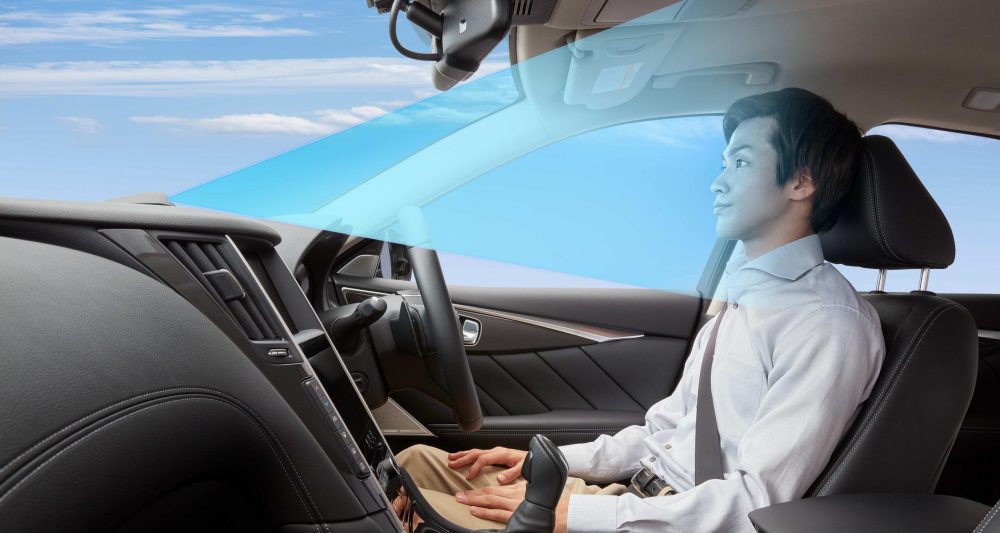
At this year’s Frankfurt Motor Show, there was a glimmer of hope for anyone who thinks flying cars represent the future of personal transport. A company called AeroMobil, based in Slovakia, displayed its latest vision of a winged wonder. The good news is, thanks to advances in technology, it stands a healthy chance of reaching the runway.
Then there’s the news that this week, Dubai completed a test flight of the world’s first pilotless flying taxi, developed by Volocopter. Meanwhile Uber, the technology company that has disrupted the taxi industry, has signed deals with five companies that are developing air taxis and momentum is building.
The AeroMobil might be eye-wateringly expensive, but the market is surprisingly competitive and some big names from worldwide industry are joining the race, meaning costs are likely to fall. Here we look at how the flying car is spreading its wings, with four of the most promising models from around the world.
Continue reading →









